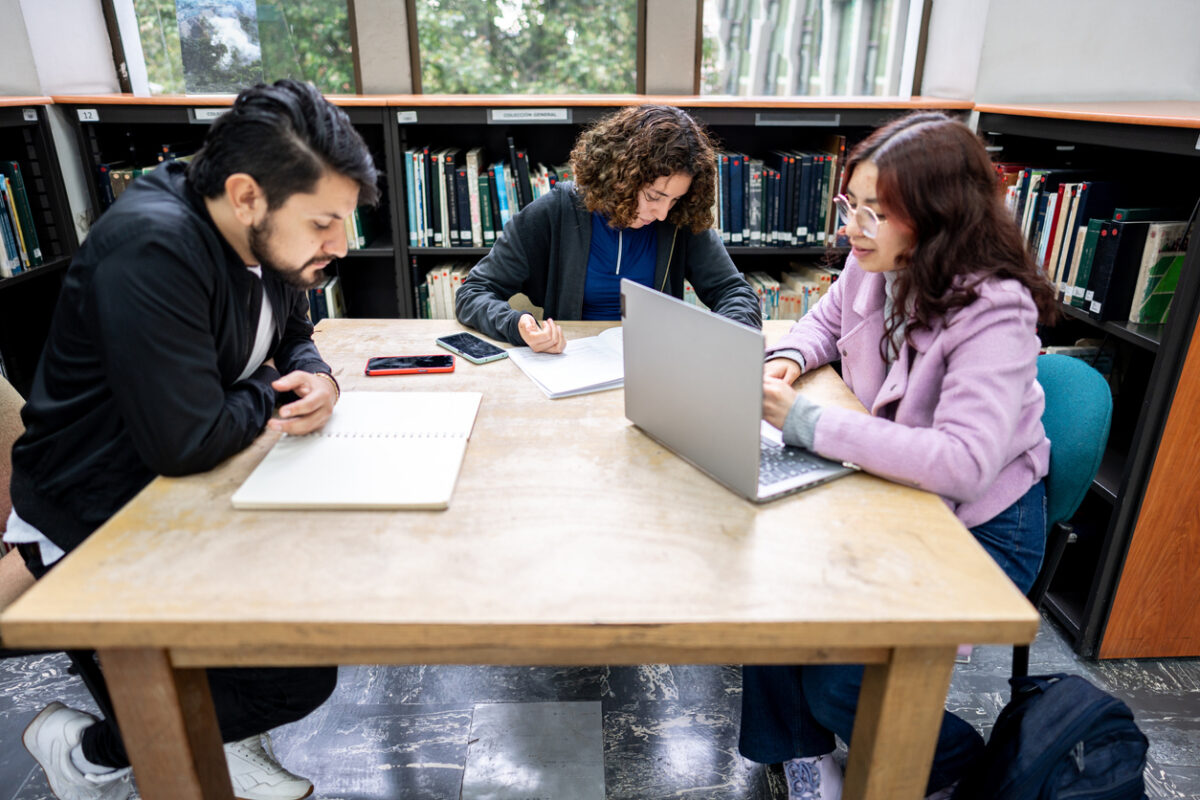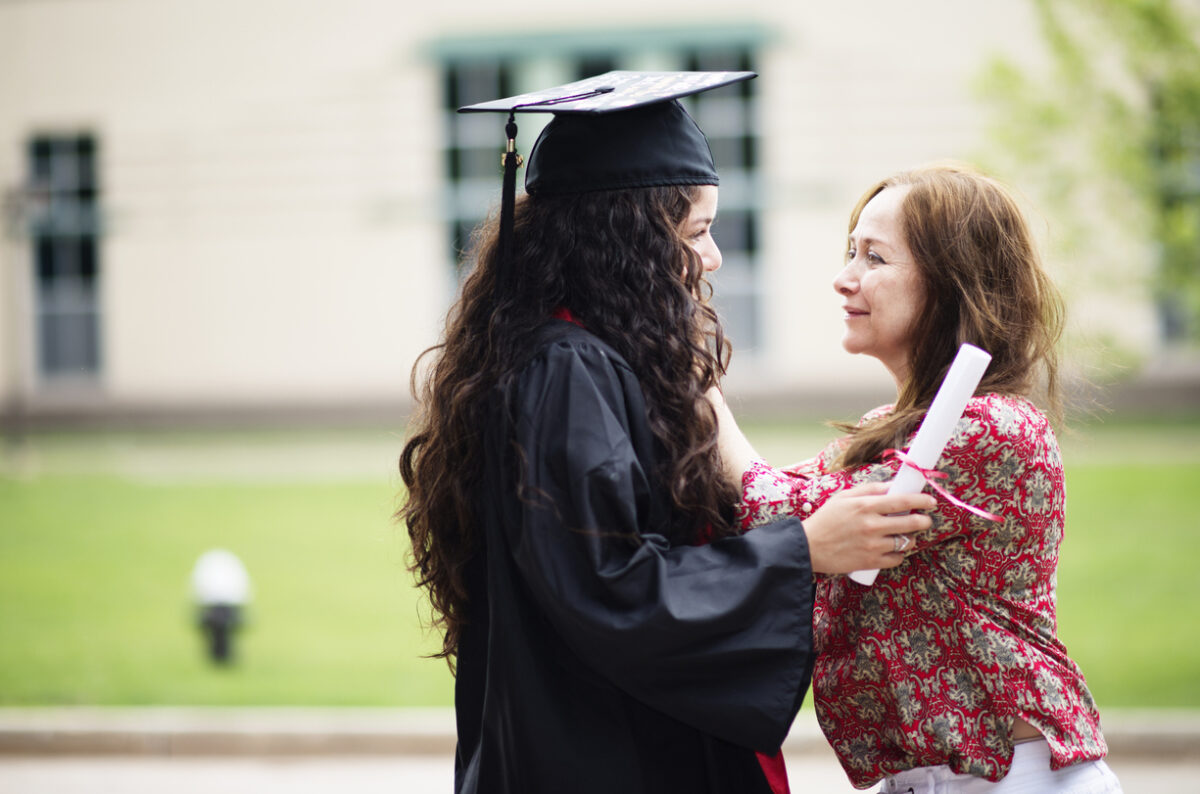“Things Move at The Speed Of Trust:” Community Connections Continue To Close Higher Education Attainment Gaps Even In The Midst Of The Covid-19 Pandemic
Published Oct 30, 2020
WASHINGTON, DC (October 30, 2020) – Recognizing the special relationship that exists between neighbors, communities across the nation are spearheading innovative programs to build, amplify, and leverage social networks in distressed communities to reach residents not yet enrolled in higher education. Grounded in existing relationships and established trust, the Chamber of Commerce in Nashville, Tennessee developed a program to equip community members in the Nashville Promise Zone (NPZ) with the tools and information to reach potential students where they are – literally. As outlined in a guidebook released today by the Institute for Higher Education Policy (IHEP), the Reconnect Ambassadors program has trained almost 200 community members since its launch in January 2019. In the nearly two years since, those Ambassadors, in turn, have engaged – or reengaged – nearly 1,000 students from the region’s most disenfranchised populations in higher education.
In the 46 square miles that NPZ neighborhoods encompass, nearly 50% of adult residents do not have a college degree and 47% of all residents identify as individuals of color. Neighbors Helping Neighbors Through Nashville’s Reconnect Ambassador Program shares how the program is helping neighbors connect in order to promote access and completion. As a result, area institutions, including Nashville State Community College, are seeing an increase in enrollment of students of color. The guidebook is part of the Innovative Strategies to Close Postsecondary Attainment Gaps series, a component of IHEP’s work with communities that have shown the ability and commitment to significantly increase college-level learning among students of all backgrounds
“In communities across the country, people know the people who live next door and around their neighborhood,” said Michelle Asha Cooper, IHEP’s President. “We have things in common with our neighbors and regularly swap stories and information. We talk with them – and we listen. These rich social networks can be more than friendships; they can be sources of better information to navigate higher education—and the opportunity a degree offers.”
“By valuing existing connections and building on established trust, community-based initiatives like Nashville’s Reconnect Ambassadors are widening circles to close opportunity gaps,” noted Julie Ajinkya, IHEP’s Vice President of Applied Research. “These programs play a powerful role in disrupting a multi-generational cycle of disenfranchisement and promoting upward mobility.”
Through an interview with Laura Ward, Vice President of Talent Development, Nashville Area Chamber of Commerce, the guidebook outlines the goals, partnerships, implementation, and impact of the Reconnect Ambassador program as a strategy to build meaningful connections across community networks and increase equity in postsecondary education. Partner and ambassador spotlights throughout the guidebook share community members’ insights into the benefits of developing a community-based initiative such as Reconnect Ambassadors. For those interested in implementing a similar community-based approach to building social capital, IHEP included an Ambassador Program Planning Guide to help engage students who otherwise might not have the support to connect – or reconnect – with higher education.
Designated by Lumina Foundation, with support from the Kresge Foundation, Talent Hub Communities work across business, education, and civic sectors to attract, cultivate, and retain skilled and knowledgeable workers.


